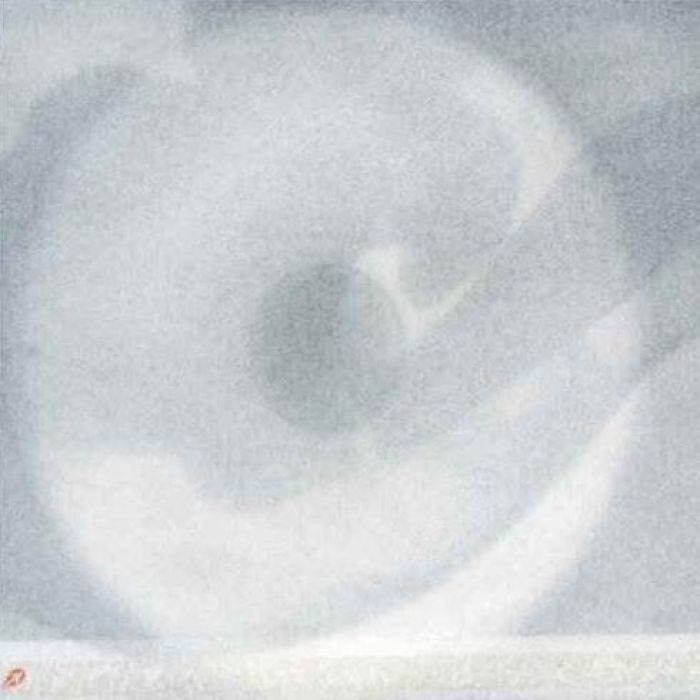400 Winters EP by Bark Psychosis (Review)

Apparently, Graham Sutton likes to make up for lost time. It took him a decade to follow up Bark Psychosis’ last album, Hex, with Codename: Dustsucker. Thankfully, it turned out to be well worth the wait, easily grabbing a spot in many “Best of 2004” lists (including mine). And now it’s barely been a year since Codename, and we’ve already got two more Bark Psychosis releases. Granted, they’re both singles and EPs, but hey — when it comes to a band like Bark Psychosis, you take as much as you can get.
As with much of Codename:Dustsucker, “400 Winters” is nothing if not a testament to Sutton’s impeccable sonic taste. Although it appears to be a fairly simple mid-tempo piece of strummed guitars, vibes, and Anja Buechele’s breathy coo, a more careful listen reveals just how detailed this track is. I still find myself marvelling at simple details such as the vibe tones that drift over the song’s opening moments, and how their pitch is gently bowed in a manner suggesting sculpted glass.
The way Sutton introduces new layers — be they vocals, brushed cymbals, or shivering synths — never feels rushed. He takes his time, slowly manipulating each element into its right place, and yet the song never feels manufactured or assembled. Despite the obvious amount of studio processing taking place, the song still feels effortless, due to Buechele’s voice and to the space that Sutton grants each and every sound, no matter how insigificant.
The EP also features 3 remixes, all by Colin Bradley (one of Codename’s guitarists). “INQB8TR” is turned into a claustrophobic array of jagged synths, harsh percussion, and alien drones that all but chokes out the original elements. Bark Psychosis’ music has often had an “urban pastoral” feel to it, as if it was composed for those times when you find yourself wandering down strange streets at twilight, lost in your own space, unsure of where you are or where you are going.
The “INQB8TR” remix builds on that aspect and takes it to an extreme end, like something that might play during Christoffer Boe’s Reconstruction as the protagonist finds himself wandering the subway, trying to make it back to home that is slowly disappearing bit by bit.
“The Black Meat” was one of my favorite tracks on Codename:Dustsucker. It’s gorgeous track that instantly cured any doubt I had as to the album’s quality the moment I heard that sterling guitar melody begins its upward spiral. Bradley takes the opening Rhodes melody, but rather than launch the song into the glorious crescendo from the album, he skips that part altogether.
Instead, the shuffling drums and Sutton’s breathy vocals slowly sidle in from sides and take the song in a completely different route. It creates an interesting tension because I keep waiting for that soaring melody to explode the song, and yet the remix seems intent on doing everything but that. Instead, it chooses to spend its entire length meandering about in a heady mix of Lee Harris’ drumming, loping basslines, barely-dub rhythms, and trumpet.
The final remix is of “Burning The City” and is probably the most abstract of the remixes. For most of its length, the shivering piano notes of the original version are the focus, but everything around them is shifted and scattered about in a kaleidoscopic manner. A twilit organ eventually takes over, while layers of Sutton’s vocals babble amidst distant satellite signals. By song’s end, the piano has returned, winding things down in a coda so gentle and delicate, one wonders if those last 5 minutes, with all of those strange, hallucinogenic sounds, really did occur or not.
Okay, so it’s not really brand new Bark Psychosis material (and please tell me we won’t have to wait another 10 years for that). But there’s such a wealth of ideas and detail in Sutton’s compositions that even hearing other people’s takes on those elements feels like wholly original material.